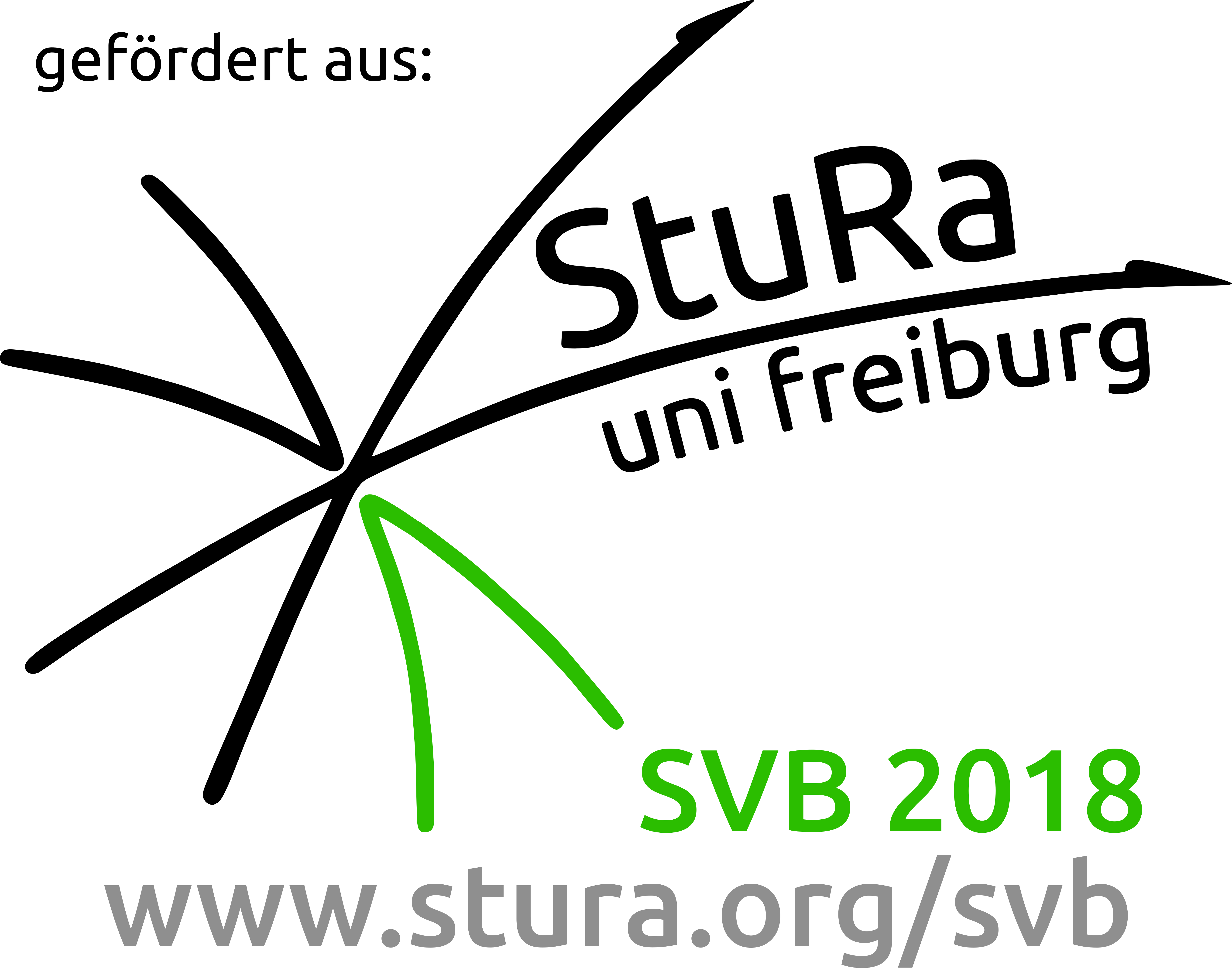Major: Life Sciences
The Major Life Sciences is organized around human beings and their interaction with other humans and the environment. Specifically, in the Life Sciences Major students explore biological questions about the body and the embodied mind and how they relate to the natural and constructed environment. In this regard, the human being is considered to be both a researching subject and a subject of research. The Major Life Sciences gives students a strong research-oriented foundation in the natural sciences and enables them relate scientific questions to social, cultural, and environmental contexts.
The following chart gives you an overview of the modules in the Life Sciences Major:

The chart provides an overview of the Major composition, but the modules are not necessarily listed in the order in which they will be taken. You can find the full description of each module in the Module Handbook. The basic and profile courses we offer in the above-mentioned modules are listed in the Course Catalog.
Full description
Students choose their major after completing the Foundational Year. In the Life Sciences Major, they continue with fundamental courses in chemistry, cell biology, and physiology and can then start developing an individual study profile by choosing classes from biomedicine, neurosciences, behavioral and cognitive sciences, public health, medical biotechnology, and related fields. Two methodological classes and a laboratory internship complement the content-related advanced classes and provide the scaffolding for more research-oriented and specialized classes.
The Major's epistemological approach emphasizes the scientific method as the currently dominant way of knowledge acquisition in the sciences. Therefore, the curriculum includes classes that familiarize students with experimental and quantitative methods and enables them to conduct an initial research project. At the same time, students are expected to consider methods from other fields in an interdisciplinary way when working on scientific questions. This enables a broader perspective on the Life Sciences and its role in society, politics, and culture. In the context of the LAS program, this provides our students with the opportunity to participate in joint, or interdisciplinary classes and projects with the other Majors.
LAS graduates with a Major in Life Sciences are awarded the degree Bachelor of Science. This qualifies them for a variety of Master's programs in Germany, Europe, and beyond. Personal research interests and potential entry requirements for Master's programs should help to determine the students' selection of classes for the modules Advanced Life Sciences, Specialization Option, Senior Profile, and in the LAS Electives area. We generally expect students to take responsibility for planning their academic careers, but they are supported by their academic advisor and are encouraged to seek advice from the Life Sciences coordinator as well as the whole learning community of Liberal Arts and Sciences students and staff.
An overview of what Life Sciences graduates do after their Bachelor from UCF, can be found here.
For more information about this Major, please contact Dr. Simon Büchner.



